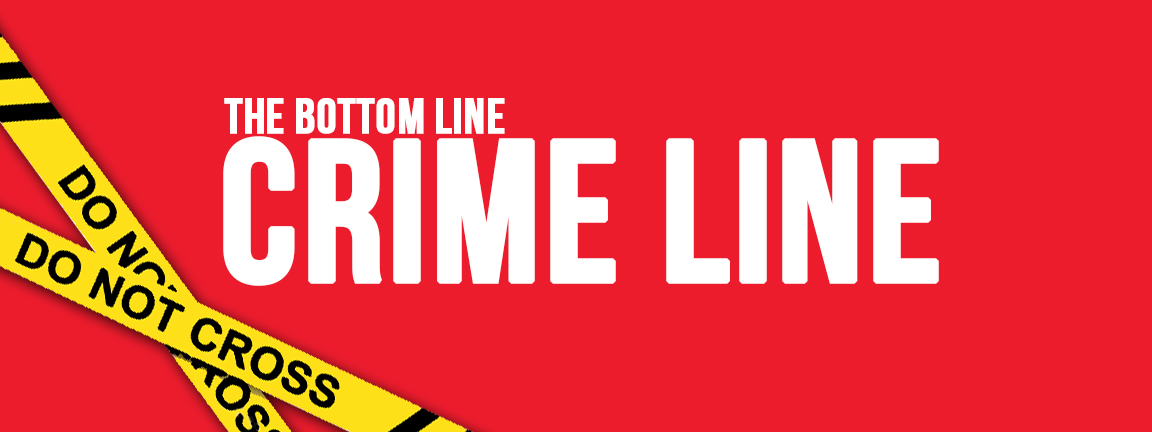Net Neutrality: The Right to the Internet
Net Neutrality has become a hot topic recently, and anyone who’s browsed the internet within the last couple of weeks has probably seen at least a few news headlines about it. Not everyone may fully understand what Net Neutrality is, so given the circumstances, now would be a good time to clear things up. Net Neutrality is the principle that states that internet service providers (ISPs) must treat all data the same. This is what allows everyone to go anywhere on the internet without limits, rather than getting a pop-up saying you can’t visit a certain website because a provider doesn’t want you to.
The reason why Net Neutrality has been in the news lately is because the Federal Communications Commission (FCC) is planning to hold a vote on Dec. 14 to repeal net neutrality and all the regulations that allow equal access to the internet that were brought about during the Obama administration. What would happen if they succeed? Without Net Neutrality, ISPs would have free reign to charge extra for access to certain websites. Think of TV cable services and how there are different packages to choose from. Rather than having access to every channel, what you can watch is determined by how much you pay. The more you pay, the more channels you get. You have to pay extra to gain access to certain channels, such as Starz.
Now imagine if they applied the same thing to the internet, and if you wanted to visit Facebook or Reddit, you would have to pay more money on top of what you already pay normally for internet service. And that’s assuming that your ISP hasn’t blocked your favorite websites entirely, because without Net Neutrality, they could do either one and get away with it. Additionally, ISPs would be able to legally force their customers to put up with slow internet connections unless they, again, pay extra for fast service. That is what browsing the internet would be like without Net Neutrality.
This is all happening because the chairman of the FCC, Ajit Pai, staunchly opposes government regulation. Some also believe that Mr. Pai is corrupt, acting solely in the interests of telecom corporations who want more power and profit over the internet. Of course, people are not going to stand idly by while the internet is brought to the chopping block. Internet users across the country, even worldwide, have been fighting back against the FCC’s actions to repeal Net Neutrality. Everyone has been encouraging one another to call congress representatives to vote against the FCC and sign petitions to force Ajit Pai to resign from his position as chairman.
I, too, encourage everyone to join the fight against the FCC and their attempts to put a ball and chain on our freedom to use the internet. Without Net Neutrality, just about everything could be subjected to slower service and extra fines. News articles, video streaming, live chat, online gaming– they would all be fair game for whatever limits our ISPs would want to force onto us.



